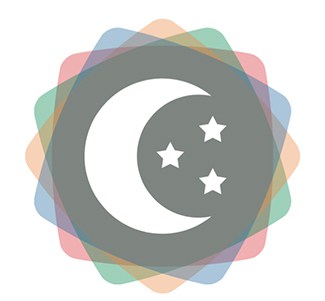We’ve all been told that we dream, even if we don’t remember it. However, that might not be true—especially if we’re not sleeping enough.

Sleep loss is considered to contribute to a variety of health issues; however, dream loss often is at the root of those issues, according to the study.
The body generally prioritizes deeper, non-REM sleep, which comes earlier in the night. REM sleep and dreaming come later in the night or early in the morning.
“We are at least as dream deprived as we are sleep deprived,” Naiman writes in the study. “Many of our health concerns attributed to sleep loss actually result from REM sleep deprivation.”
Depression, illness and erosion of consciousness are results of dreamless sleep, he says.
The causes? Alcohol is a big one. It causes the release of hormones that disrupt REM sleep. Medications—such as benzodiazepines, SSRI antidepressants, and tricyclic and older monoamine oxidase inhibitor antidepressants—sleep disorders and lifestyle factors such as excessive use of artificial light also can prevent dreaming.



